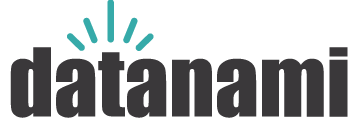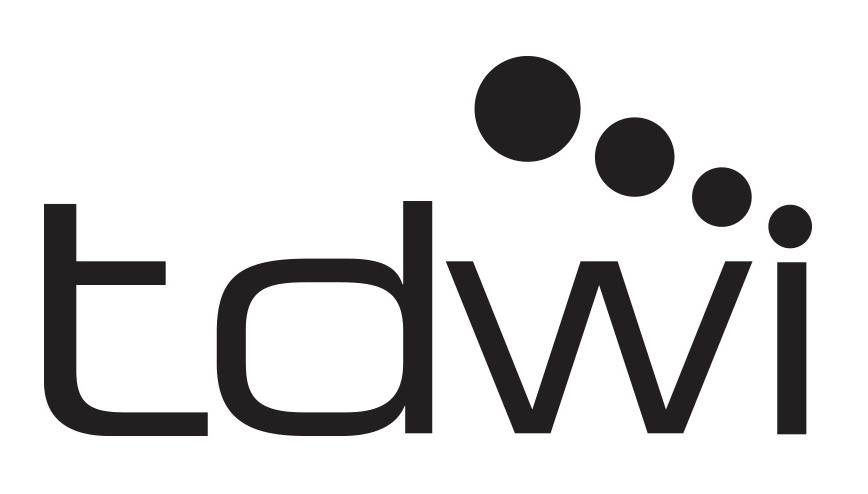What's New
Go to:GPU acceleration is revolutionizing high-performance computing. Leveraging GPUs for processing-intensive workloads is on the rise, particularly among verticals such as finance, retail, logistics, health/pharma, and government. GPU-acceleration is opening new possibilities for machine learning, deep learning, data visualization, or simply performing faster queries, joins and row-by-row math. If you’re investigating whether a GPU database can…
Mark Ramsey, SVP, R&D Data, at GlaxoSmithKline, spoke at a recent IBM/Kinetica executive breakfast, where he discussed how GSK uses GPUs and Kinetica to help transform the way that data is used as a strategic asset within their R&D organization. GlaxoSmithKline (GSK) is a science-led global healthcare company that researches and develops a broad…
If your organization manages large volumes of streaming IoT data, you’ll no doubt be familiar with some of the challenges of getting value and insight from these high volume, moving datasets. Many companies have turned to Hadoop and other open source technologies to store and manage these IoT data feeds. This may typically involve “duct…
Today we’re pleased to announce that Kinetica has closed a $50M Series A funding round. With the increased investment, we seek to further expand our solution capabilities while broadening the adoption of Kinetica – a next-generation database platform for analytics and AI accelerated by GPUs. Kinetica remains uniquely positioned to support global enterprises as they…
Compute analytics in financial services have evolved over the past decade. Popular tools for forecasting and assessing risk like statistical functions involving linear regression, logistic regression have given way to more sophisticated models. Classic decision tree or regression tree algorithms have evolved to modern variations like random forest techniques and gradient boosted trees. Fraud detection…








